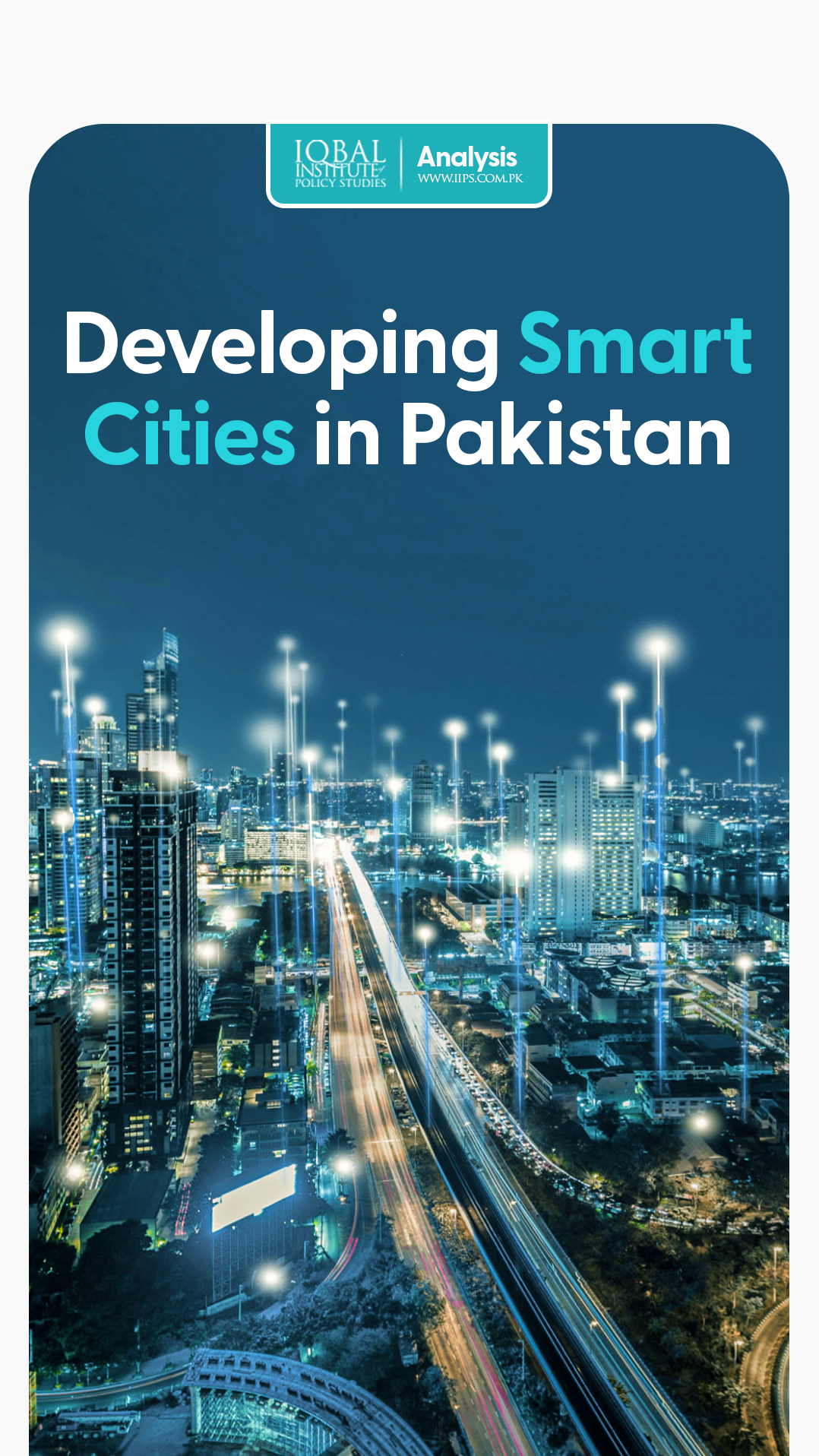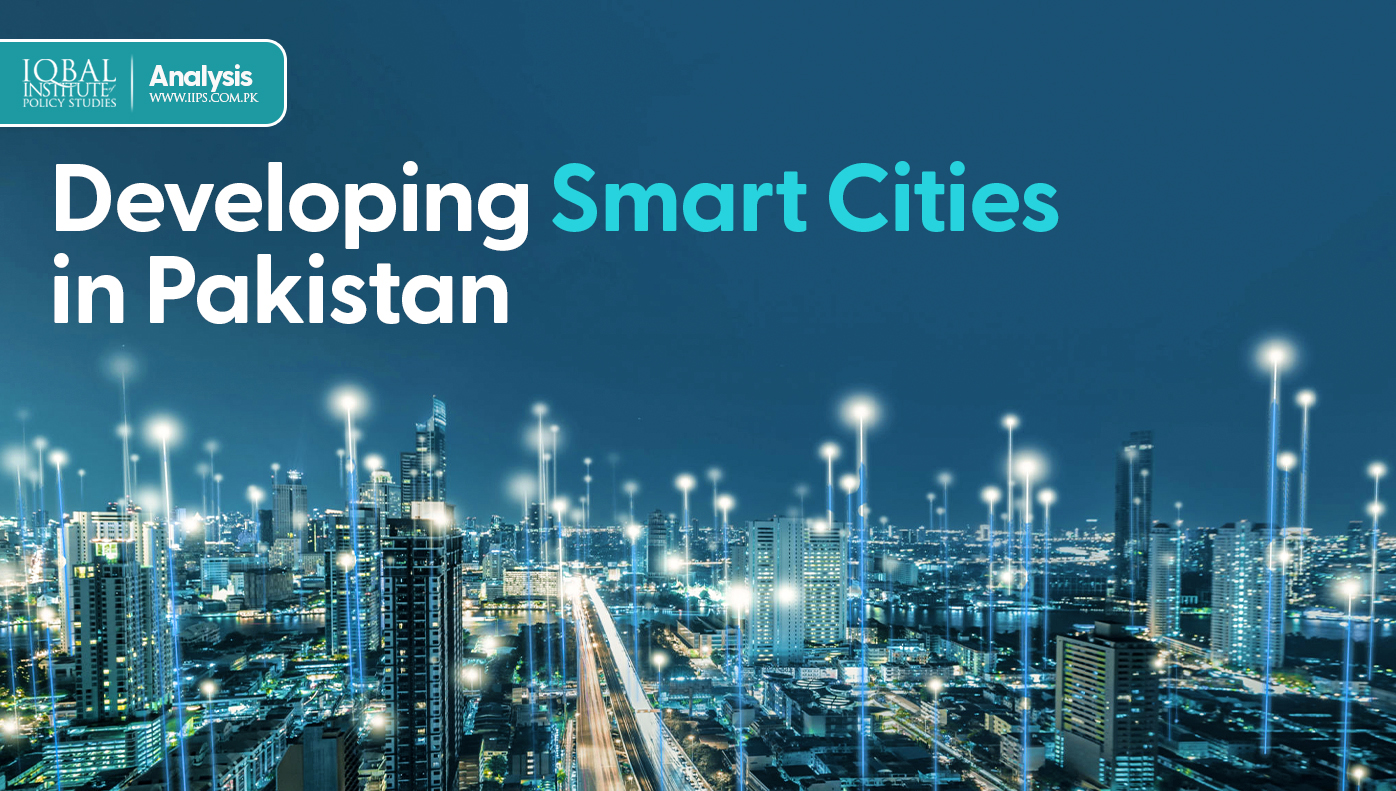The growing rate of urbanisation in Pakistan’s major cities is responsible for challenges related to water management, sanitation, transportation, health, education, and land management. However, information and communication technologies can greatly improve the quality of life as the world is going towards technological advances such as Internet of Things (IoT) devices, integrating into building structures and devices to monitor and collect data. The collected data can gain insights into human behaviour and manage resources accordingly. It will optimise energy, water management, transportation, and security and reduce the carbon footprint due to the introduction of a renewable energy system that has a positive environmental impact.
However, Pakistan is trying to find solutions that can be integrated flexibly, sustainably and aesthetically into urban structures to provide a better quality of life. Recently, the government launched a Smart City project in Lahore. The Lahore Smart City project will be the first of its kind in Pakistan, and the success of this project will pave the way for further smart city projects in-country.
A smart city combines urban innovation, human networks and the environment, giving efficient solutions for future cities. They are also termed green cities that function efficiently at every level to achieve smart, sustainable economic growth while minimising their impact on the environment.
Developing a smart city involves the introduction of technologies as well as a robust exercise that surrounds almost all components of an urban settlement. Smart technologies can be integrated into infrastructure, buildings, transport, energy, healthcare, education, and governance. It will make efficient use of resources to increase the city’s sustainability. Pakistan has a thriving technology sector, with thousands of graduates joining the market each year. Talent and human resources can innovate and introduce smart technologies in different sectors.



Leave a Reply